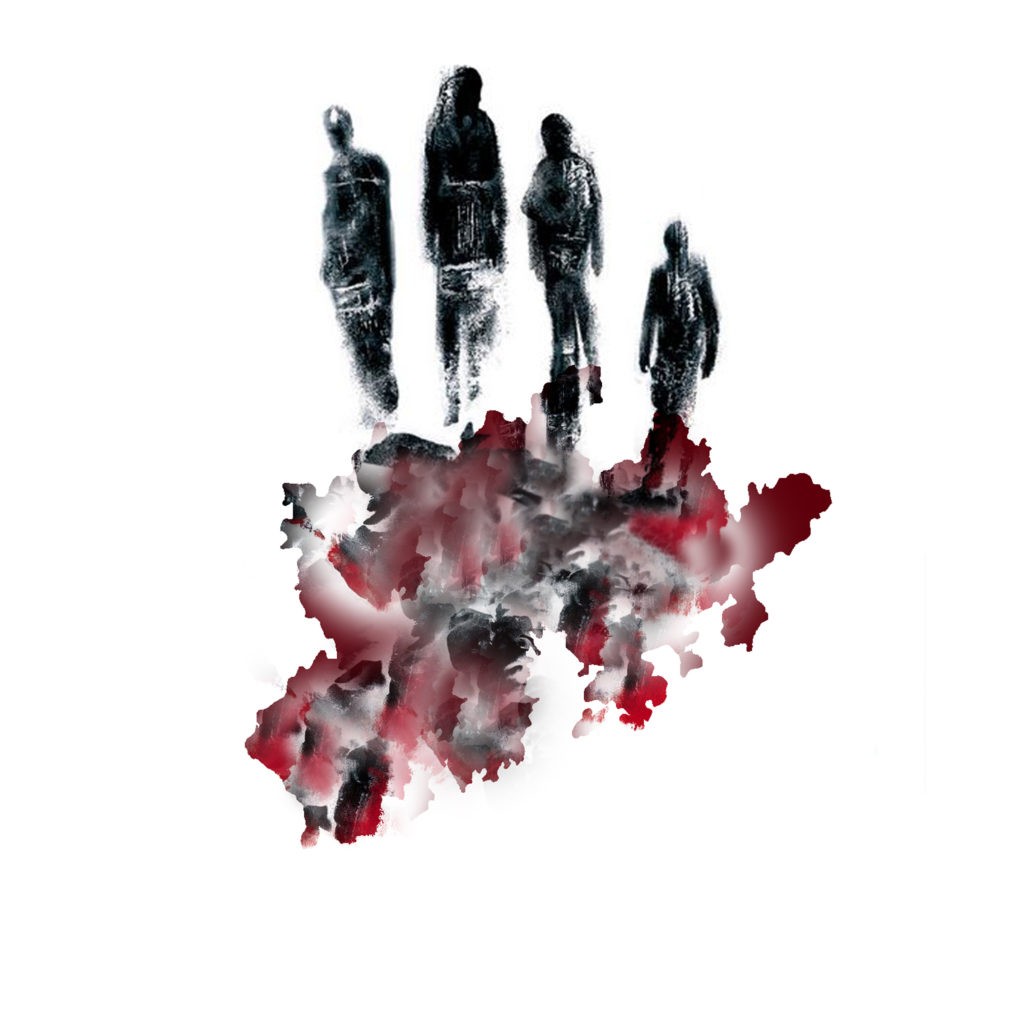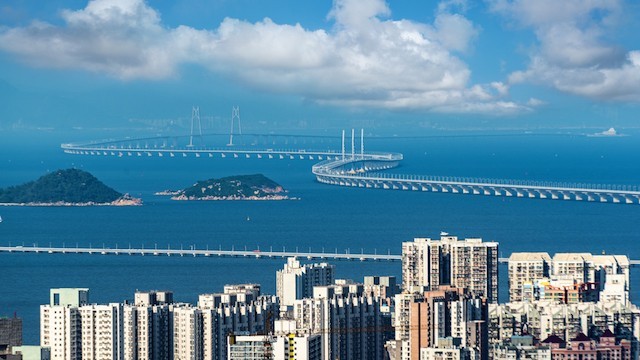There have been several discussions about the identity of the Greater Bay Area (GBA). The Central Government has been one of the main promoters of this identity, changing the name of the regional television channel to Greater Bay Area TV and selecting a series of figures to represent the region in the media. Academics believe that these changes are natural, but that cultural diversity cannot be lost in the process.
The concept of the Greater Bay Area was first known in a document published by the National Development and Reform Commission, Ministry of Foreign Affairs and Ministry of Commerce, in 2015. In 2019, they announced the General Planning Guidelines for the Development of the Greater Bay Area. Guangdong-Hong Kong-Macao.
With the promotion of administrative unity and cultural soft power, the region has grown beyond its political and economic dimension and is open to even greater public recognition with media publicity.
An article written by Eileen Cha, a star in the entertainment world in Hong Kong, mentions that “there will be no more ‘going north’ or ‘returning south’. In the future, the concept of the Greater Bay Area can only be maintained”.

From a distance, it seems that being from the Greater Bay is having a single identity, mitigating the different cultures of the places that insert it. A cultural wall that many academics believe will be destroyed over time.
OBSERVE AND FEEL
Agnes Lam, director of the Macau Studies Center, highlights a survey on the willingness of Macau residents to participate in the Greater Bay project, carried out in 2018. According to the academic, the results reveal that “Macao residents support the plan of Grande Bay, with 70 percent responding in favour. However, only 30 percent of these are willing to participate. Where is the remaining 40 percent?” she asks, saying she prefers to “wait and see”.
Joey works in the world of new media and says that many of his students go to the Greater Bay “to fulfill their dream of buying a house or a car, instead of continuing to live in Macau”. But he believes that it is a decision based on quality of life, that is, completely different from the idea promoted by television and other media.
“It’s a choice simply based on quality of life. The content of these programs does not impress me, but people outside the Greater Bay will be able to create an image of who we are and how we think based on a concept imposed on us”. For Joey, these media programs that praise the GBA create a dream image, while trying to break its natural boundaries. However, she is reticent, as this integration reduces the unique characteristics of each location.

“GBA is a concept of administrative and economic differentiation, whereas one’s personal identity is a long-term process,” says Agnes Lam.
“Some people have long identified with the region. It could be a smart market choice or repositioning,” she comments. Regarding the different opinions regarding the GBA, she recalls that the change of name of the former University of East Asia to University of Macau led to several protests by students who questioned:
“Isn’t the move from East Asia to Macau limiting our horizons?”.
The academic explains that a media or public department can make choices related to the market. However, in China, they have to follow administrative instructions, so decisions are made taking into account the market and those instructions.
“In terms of regional economy, national policies and culture, it is enough to share a similar concept to create a regional culture.” The academic cites the example of Silicon Valley, in the USA, where a technology industry was built. It only took someone to lead this wave to create the much-envyed region. At the same time, it is necessary to preserve regional symbols, traditions and identity. “Many people believe that the GBA is a forced promotion, but the truth is that this culture has been around for a long time, it just wasn’t talked about.”
LINKS AND LIMITS TO INTEGRATION
It recalls that several academics have studied the region for decades, but the natural process of its recognition by the rest of the world is long and time consuming.

“GBA belongs to the culture of Lingnan, including Hong Kong, Macau and the Pearl River Delta. These cities are trying to grow economically, although the results have not been the best, with the name and cooperation structure between them constantly changing, sharing the same use of Hong Kong and Macau as a window to the world”.
Pan Lei, cultural commentator in Macau, points out that “it is difficult to assess what constitutes the culture of the Greater Bay. There are many differences between regions, and an example of this difference is the Portuguese architecture and Macanese cuisine present in Macau”.
He also emphasizes that the cultural symbols present in television and cinema have influenced the interests of the people of Guangdong, Hong Kong and Macao, creating a polarized situation. “When we talk about the GBA we also need to understand the differences between us. This diversity must be inclusive, that is our strong point”.
Liang Jiyong, a Guangzhou native, an honorary research associate at the Chinese University of Hong Kong, says Guangfu dialect is a cultural feature of the region.
“There are still many people in Guangzhou, even young people, who do not understand Mandarin, nor the culture of the North”.
So when concepts like these are promoted in the media, using Mandarin makes them feel distant. On the educational aspect of the media, he says that nowadays many people promote their talents through these channels, such as opera and theater, using their own websites.
He also comments on an interesting cycle in the industry, in which several researchers take advantage of the resources available under the GBA plan to preserve the cultural history of Guangzhou, which for various historical reasons was destroyed, and bring it back to Hong Kong. and Macau, such as the loss of Taoist culture in Guangzhou and his current study of the Yin (Fengshui) branch of Guangfu.



